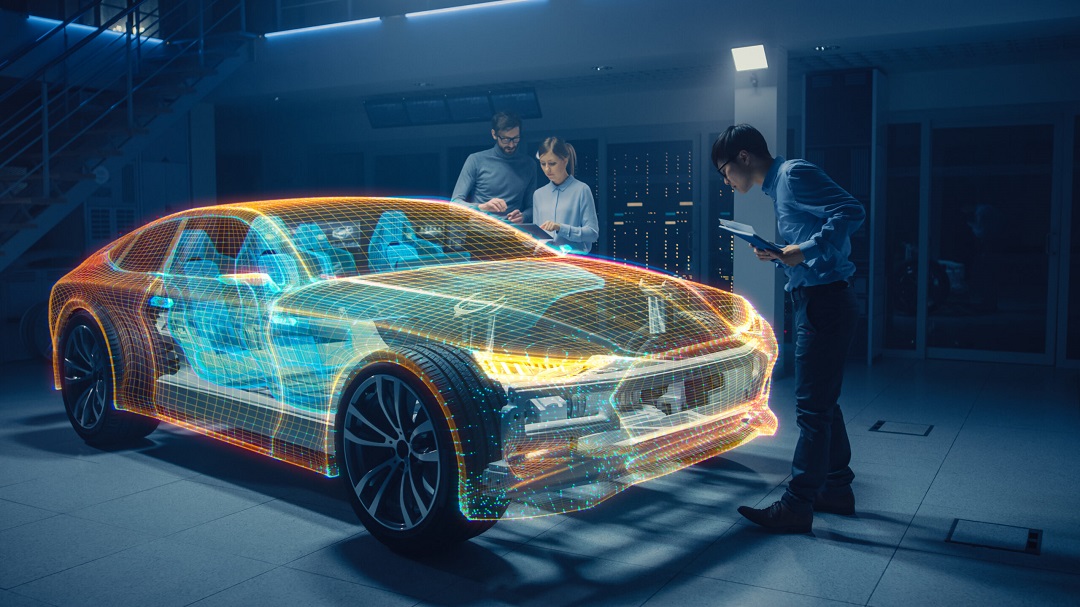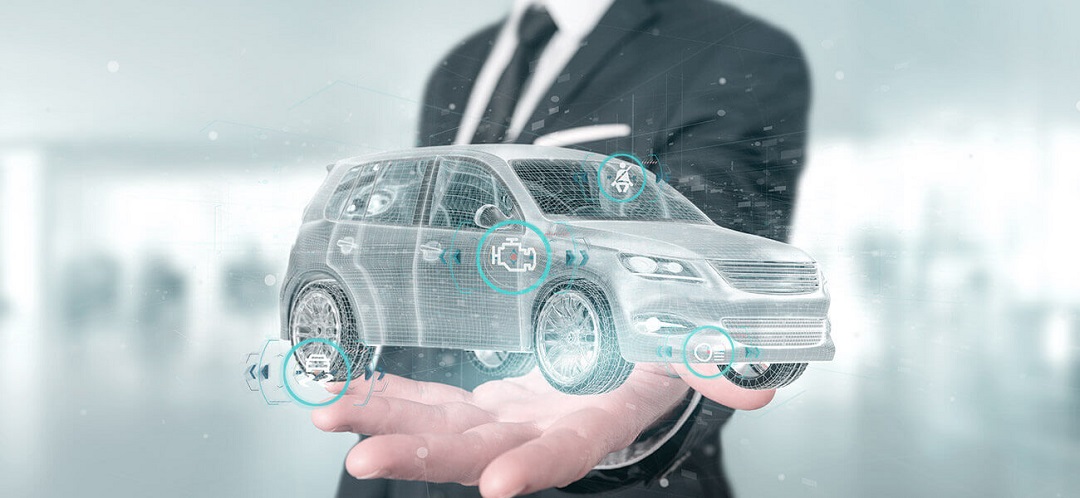So the question is; Does buying a high-end vehicle equal high end maintenance? Learn more below....
For many car enthusiasts and luxury aficionados, owning a high-end vehicle is a dream come true. The allure of premium brands, cutting-edge technology, and unparalleled performance can be irresistible. However, as the saying goes, "With great power comes great responsibility." In the world of luxury automobiles, this translates to the question: Does buying a high-end vehicle equal high-end maintenance? In this blog post, we'll delve into this intriguing question, exploring the complexities of maintaining luxury cars and whether the investment is worth the cost.
The Initial Investment
High-end vehicles often come with a hefty price tag. Brands like Mercedes-Benz, BMW, Audi, and Porsche are known for their exquisite craftsmanship and advanced engineering. When you decide to purchase one of these luxury cars, you're not just buying a mode of transportation; you're investing in a symbol of prestige and sophistication. However, it's essential to realize that the initial cost of the vehicle is just the beginning.

Maintenance Costs
One of the primary concerns with high-end vehicles is the cost of maintenance. These cars are equipped with state-of-the-art technology and precision-engineered components, which require specialized care. Here are some factors that contribute to the high maintenance costs associated with luxury vehicles:
- Specialized Parts: Luxury cars often use unique parts that are more expensive to manufacture and replace. Genuine OEM (Original Equipment Manufacturer) parts are preferred to maintain the vehicle's performance and longevity.
- Complex Systems: High-end cars are equipped with advanced safety, entertainment, and performance systems. These systems can be intricate and challenging to repair or replace, driving up maintenance costs.
- Skilled Labor: To service luxury vehicles properly, you need technicians who are trained and certified by the manufacturer. Labor costs can be significantly higher when you require specialized expertise.
- Regular Maintenance: High-end cars demand meticulous care and regular maintenance to keep them in optimal condition. Neglecting routine services can lead to more significant issues down the road.
- Advanced Materials: Luxury cars often incorporate advanced materials like carbon fiber, aluminum, and high-grade alloys. Repairing or replacing these materials can be considerably more expensive than traditional ones.
- Warranty Limitations: While luxury cars typically come with manufacturer warranties, they often expire sooner than those of more mainstream vehicles. Once the warranty expires, you'll be responsible for all maintenance costs.
- Depreciation: Luxury vehicles tend to depreciate faster than their more affordable counterparts. This can be a significant factor to consider when assessing the overall cost of ownership.

The Cost-Benefit Analysis
While the maintenance costs of high-end vehicles can be daunting, it's essential to consider the benefits they offer. Here are some factors to weigh when deciding if the expense is justified:
- Performance: Luxury cars are renowned for their exceptional performance. The thrill of driving a high-end vehicle with powerful engines, precise handling, and advanced suspension systems can be incomparable.
- Comfort and Luxury: Luxury cars offer unparalleled comfort and opulence. Plush interiors, premium materials, and cutting-edge infotainment systems provide an unparalleled driving experience.
- Safety: High-end vehicles are often equipped with the latest safety features and technology, enhancing the overall safety of the vehicle.
- Status and Prestige: Owning a luxury car can elevate your social status and make a statement about your success and taste.
- Resale Value: While luxury cars depreciate faster initially, some models hold their value well over time, making them a potentially good long-term investment.
- Advanced Technology: Luxury vehicles are often at the forefront of automotive technology, with features like autonomous driving, adaptive cruise control, and advanced driver assistance systems.

Strategies for Managing Maintenance Costs
If you decide to invest in a high-end vehicle, there are several strategies you can employ to manage maintenance costs effectively:
- Regular Maintenance: Follow the manufacturer's recommended maintenance schedule diligently to prevent costly issues from arising.
- Extended Warranties: Consider purchasing extended warranties or service contracts to cover unexpected repairs and reduce the financial burden.
- DIY Maintenance: If you're mechanically inclined, you can perform some routine maintenance tasks yourself, such as changing the oil or air filters.
- Comparison Shopping: Research and compare prices for parts and labor at different service centers to ensure you're getting the best value for your maintenance needs.
- Insurance: Choose an insurance policy that provides coverage for potential repair costs. This can help mitigate unexpected expenses.
Conclusion
In the end, the decision to buy a high-end vehicle should not be solely based on the upfront cost but should take into account the overall cost of ownership, including maintenance expenses. While luxury cars come with higher maintenance costs due to their specialized components and advanced technology, they also offer unparalleled performance, comfort, and prestige.
Ultimately, whether buying a high-end vehicle equals high-end maintenance depends on your priorities and budget. If you're passionate about luxury cars and can afford the associated costs, the investment may be worth it for the driving experience and status it brings. However, if you're more budget-conscious and prioritize cost-effective transportation, a luxury car might not be the right choice.
Before making a decision, it's crucial to research and plan carefully, considering both the upfront cost and the long-term maintenance expenses. By doing so, you can make an informed choice that aligns with your lifestyle and financial goals. That is our best answer to the question; Does buying a high-end vehicle equal high end maintenance?
